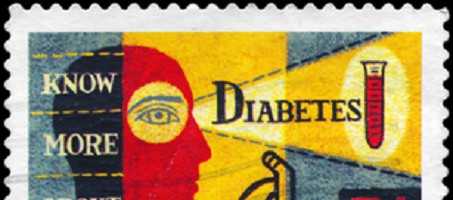Researchers have discovered a connection between changes in gut microbes and the development of type 1 diabetes.
The study, conducted at the Broad Institute of MIT and Harvard, Massachusetts General Hospital, could open up new possibilities for treating and diagnosing type 1 diabetes.
The human microbiome contains trillions of bacteria and viruses. In recent years, researchers have focused on the role the microbiome might play in the development of disease. Most of the microbiome is harmless, but changes to its makeup have been linked to various disease, including type 1 diabetes.
The researchers wanted to investigate the connection between type 1 diabetes and changes in the microbiome. Their study was conducted by analysing the stool samples of 33 children who were genetically more likely to develop type 1 diabetes. The aim was to gather data about the makeup of their gut microbiomes.
Only a small number of the children went on to develop type 1 diabetes. The researchers noticed that those who did had fewer different species in their microbiome a year before they were diagnosed with type 1 diabetes.
Notably, one of the kinds of the bacteria that decreased is linked to regulation of gut health, while the number of bacteria associated with inflammation increased.
The results of the study suggest a link between gut inflammation and the development of type 1 diabetes.
Jessica Dunne, Director of Discovery Research at JDRF, said: “We know from previous human studies that changes in gut bacterial composition correlate with the early development of type 1 diabetes, and that the interactions between bacterial networks may be a contributing factor in why some people at risk for the disease develop type 1 diabetes and other don’t.
“This is the first study to show specific changes in the microbiome are affecting the progression to symptomatic [type 1 diabetes].”
The study was published in Cell, Host and Microbe.
What's new on the forum? ⭐️
Get our free newsletters
Stay up to date with the latest news, research and breakthroughs.






